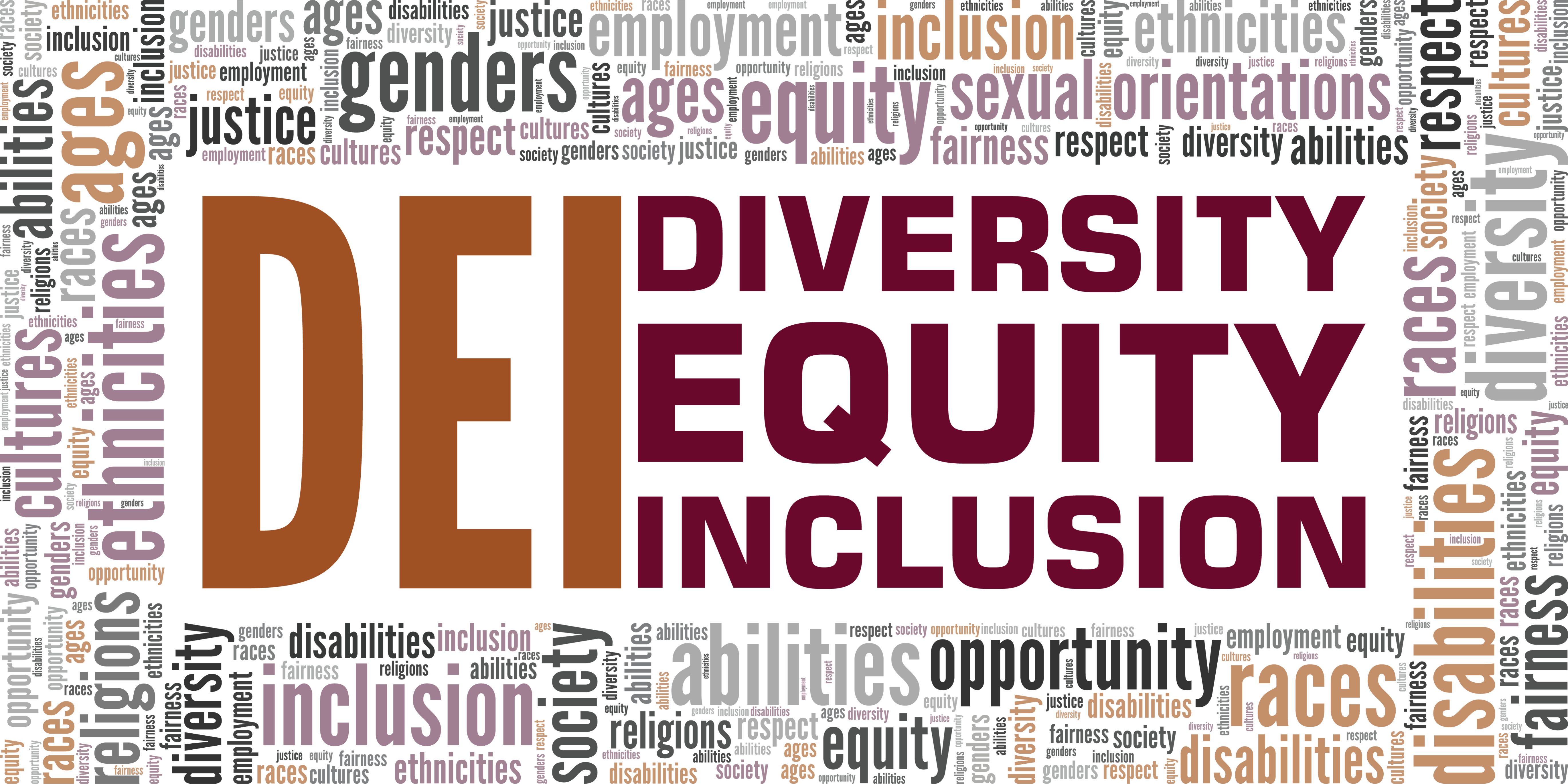
While most people hope never to need an attorney in their lifetime, one area of law all adults should take interest in is estate planning. As death and taxes are inevitable, it’s important to plan for and protect who and what matters in your life for when you’re no longer walking this earth. So, why is it that two-thirds of Americans still don’t have an estate plan? In part, it’s because there is a lot of misunderstanding about what estate planning is, and frankly, people dislike talking about death! Let’s break down common estate planning misconceptions and address the basics of an estate plan.
ESTATE PLANNING MISCONCEPTIONS: THEY ARE FOR OLDER, WEALTHY PEOPLE
The word estate in and of itself appeals to the upper crust of society. People don’t often refer to their home, apartment, or stuff as “an estate,” but the term does apply to anything you own, whether tangible or intangible, including investments. Essentially, an estate is your net worth.
However, estate plans govern more than just stuff. Even a young adult heading off to college should establish one. Why? Sure, your parents own your phone, car, and basically everything else you have, but you still need to establish your wishes for your most important asset: you. If you are seriously injured in a car accident and medical decisions need to be made for you, your parents will need to have a Medical Power of Attorney (POA) or Living Will to have full access to your health records and care team; otherwise, your healthcare providers may be making those decisions for you. More on POAs below.
Perhaps you’re an adult in your mid 30s and just finished paying off your college debt and feel like you haven’t yet amassed what you would consider any amount of wealth. Famous and wealthy people have died without estate plans. The bottom line is this: unless you want your state intestacy laws determining how your money and property are to be distributed, no matter how much or little that is, you need an estate plan.
ESTATE PLANNING MISCONCEPTIONS: DIY DOCUMENTS ARE SUFFICIENT AND CHEAPER
Especially in the past few years, several online websites have gotten popular for DIY (Do It Yourself) legal documents for a variety of things like forming a business to estate plans. In general, people like online legal services for convenience, ease of use, and what they perceive to be cost savings.
The risks of online estate plans are significant, notably that your documents are inaccurate, and worse off, possibly invalid. State laws vary when it comes to the execution of estate plans, and thus improperly created documents may not protect or give insights into your wishes. The saddest part is that your loved ones will be the ones paying the price with potential adverse tax consequences, litigation and frustration.
An experienced estate planning attorney can create the documents you need, taking into account your personal situation and applicable state laws, often in a few weeks and for not much more than online services. Sure, you may save yourself a little bit of money up front, but is it worth the risk and potential higher costs for your family?
To dive deeper into the pitfalls of DIY estate plans, check out this previously written blog.
ESTATE PLANNING MISCONCEPTIONS: IT’S TOO COMPLICATED
Estate planning can be complicated for those older, wealthier people you imagine already have their documents in order. It’s true that the more assets you have, the more you must consider how to manage it, especially when it comes to tax strategies.
The average person just needs a Will, Durable Power of Attorney, and Living Will. Here’s a quick overview of each:
- Will – outlines who receives property after you die (beneficiaries), how that property is distributed and who can act on the deceased person’s behalf (fiduciaries); this also establishes your wishes for guardianship of minor children should both biological parents pass away
- Durable Power of Attorney (POA) – designate powers to allow someone else (Agent) to act on your behalf with respect to your property
- Living Will – authorizes an Agent to handle your medical affairs and is generally in effect only upon your incapacity
To create these documents, you need to be prepared to discuss the who and what of each. Together, these three documents can provide peace of mind and cover all major areas of your life. While some people may need a more complicated estate plan, most situations do not require complexity.
GETTING STARTED WITH YOUR ESTATE PLAN
Something that’s not an estate planning misconception is that it can feel overwhelming. Especially if you’ve never had legal counsel or stepped foot in a law office, you may have fears about sitting in a room with an otherwise stranger and making huge life decisions. But the truth is this: not making a decision is making a decision. Especially if you have dependents, you want to have a say about their care and well-being, not a judge.
Our Estates team provides personalized support, helping with basic estate plans to complex plans to all clients, regardless of your “estate” size. Our process starts with a five-page intake form to help us get to know you, and then we get work. And once you get your initial estate plan created, it can always be updated or changed based on your life circumstances and needs. Don’t let good be the enemy of perfect – just get started.










